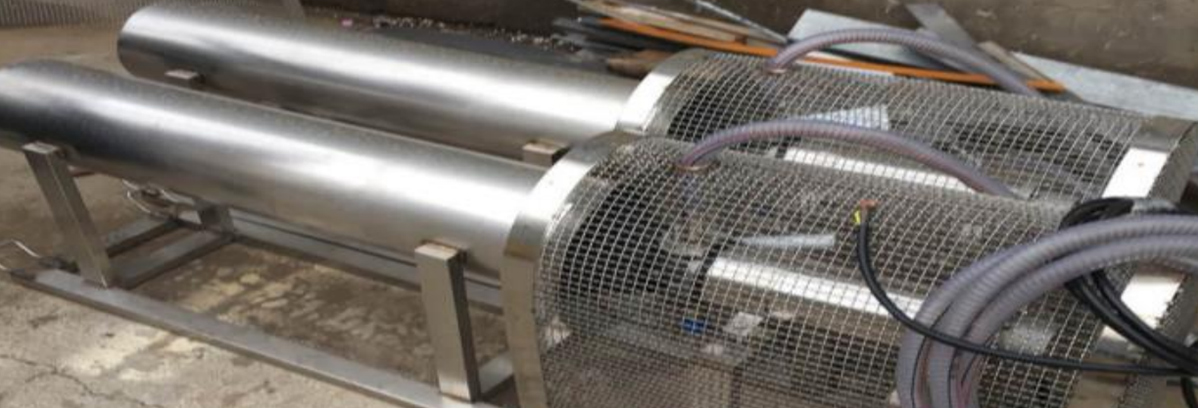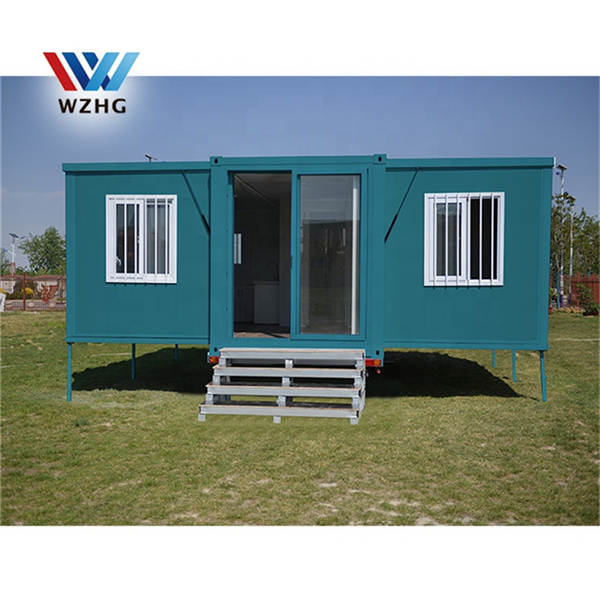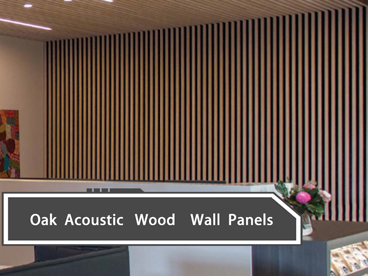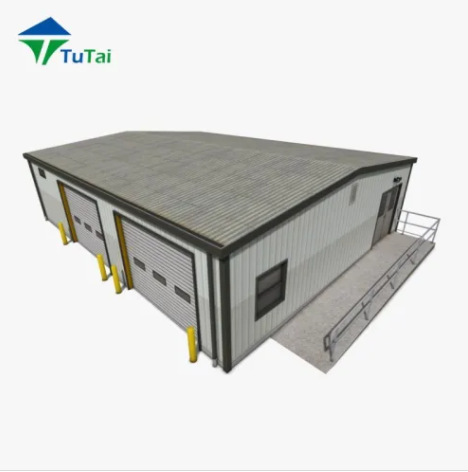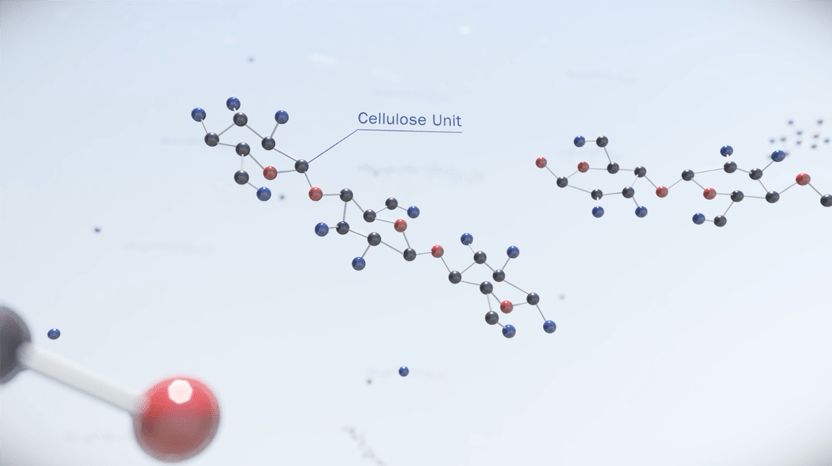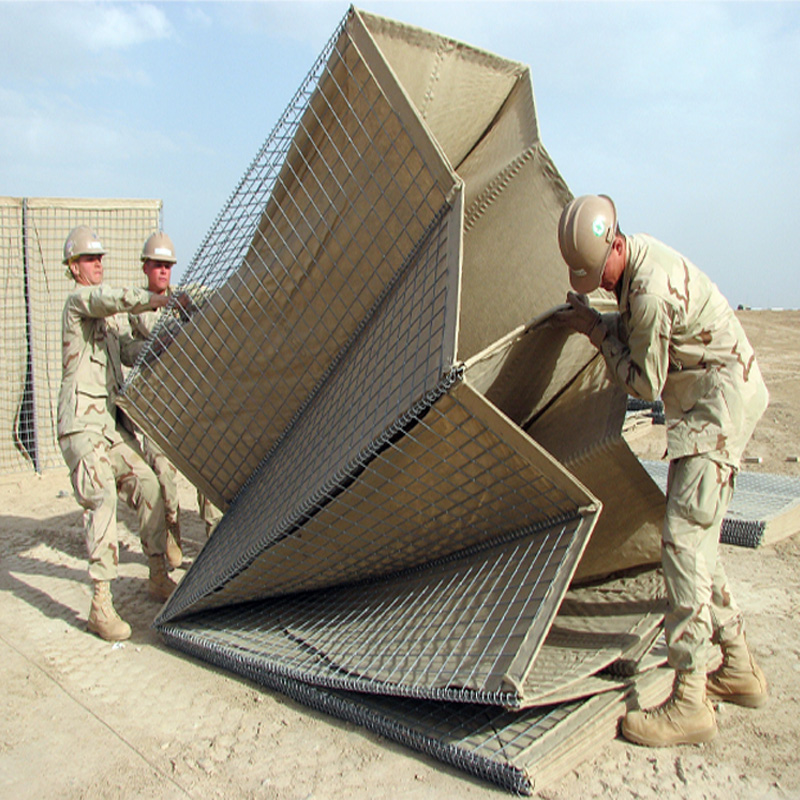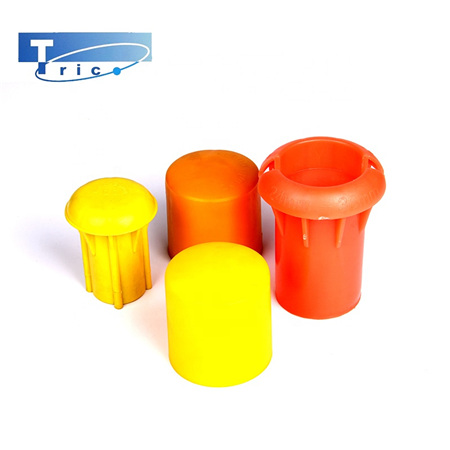What is the difference between copper coil and Aluminium coil?
What is the Difference Between Copper Coil and Aluminium Coil?
Copper and aluminum coils are widely used in various industries, including HVAC (heating, ventilation, and air conditioning) systems, refrigeration, and electrical appliances. These coils are essential components for heat exchange and transfer, playing a crucial role in maintaining optimal performance and efficiency. However, there are significant differences between copper and aluminum coils in terms of their properties, benefits, and applications. This article will explore these differences, helping you make an informed decision while choosing between the two materials for your specific needs.
Physical Characteristics:
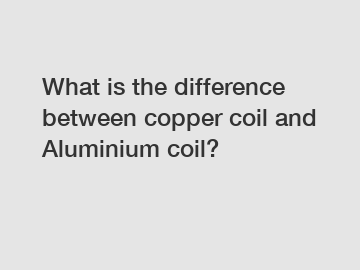
Copper coils are known for their excellent thermal conductivity, corrosion resistance, and high tensile strength. With a reddish-orange appearance, copper exhibits superior heat transfer capabilities, making it an ideal choice for applications where maximum heat exchange is required. On the other hand, aluminum coils are lightweight and possess good thermal conductivity. They are generally silver in color and offer corrosion resistance through the formation of a protective oxide layer.
Heat Transfer Efficiency:
Copper coils outperform aluminum coils in terms of heat transfer efficiency. Copper has higher thermal conductivity than aluminum, leading to faster and more efficient heat transfer. This means that copper coils can cool or heat a room more rapidly, providing better overall performance and energy efficiency. However, aluminum coils are still suitable for many applications where lower heat transfer efficiency is acceptable.
Corrosion Resistance:
Copper coils have excellent corrosion resistance due to their inherent resistance to moisture, chemicals, and atmospheric factors. They are less prone to corrosion and damage, making them highly durable. On the other hand, aluminum coils are more susceptible to corrosion, especially in harsh environments or when exposed to acidic conditions. However, with proper coatings and treatments, aluminum coils can effectively resist corrosion, making them suitable for various applications.
Explore more:What are aluminum coils used for?
How do you care for black granite headstones?
Keep Bugs Out with Stainless Steel Screens: Your Ultimate Guide
Is glass backsplash still in style?
Are smart window crescent locks worth the investment?
What is the purpose of a bellow seal valve?
Is a 40ft expandable container house worth buying for businesses in Australia?
Cost Effectiveness:
Aluminum coils are generally more cost-effective than copper coils. Aluminum is less expensive, making it a popular choice for manufacturers aiming to reduce production costs. Additionally, aluminum is more lightweight, resulting in lower transportation costs. However, it is important to consider the long-term benefits and specific requirements when deciding between copper and aluminum coils.
Applications:
Both copper and aluminum coils have their unique applications in different industries. Copper coils are widely used in HVAC systems, refrigeration units, and heat exchangers. Their superior heat transfer capabilities make them suitable for environments where efficient cooling or heating is required. On the other hand, aluminum coils find applications in air conditioning units, condensers, evaporators, and automotive radiators. They are particularly beneficial in portable or lightweight systems where weight reduction is essential.
Conclusion:
In summary, copper and aluminum coils have distinct characteristics and advantages. Copper coils offer exceptional thermal conductivity, corrosion resistance, and durability, making them an excellent choice for applications that demand superior heat transfer efficiency. On the other hand, aluminum coils are more cost-effective and lightweight, making them suitable for various cooling and heating applications. Ultimately, the choice between copper and aluminum coils depends on specific requirements, budget considerations, and environmental conditions.
If you need further assistance or have any questions about copper or aluminum coils, please feel free to contact us. Our team of experts is ready to help you find the perfect solution for your needs.
If you want to learn more, please visit our website custom polyester painted aluminium coil supplier, polyester painted aluminium coil supplier, aluminum roof coil.
Explore more:Are German SPC Floors Really Worth It?
Discover Non Woven Geotextile Fabric for Sale - Your Ultimate Solution
Are shipping container homes worth it?
Are Right-Angle Bellows Seal Globe Valves Reliable?
The Ultimate Guide to Galvalume Roof Panels: Benefits, Cost, Installation
Ultimate Guide to PPGI Coil for Household Appliances: Benefits, Applications & Maintenance
5 Factors of Self-Installing Geomembranes for General Contractors



